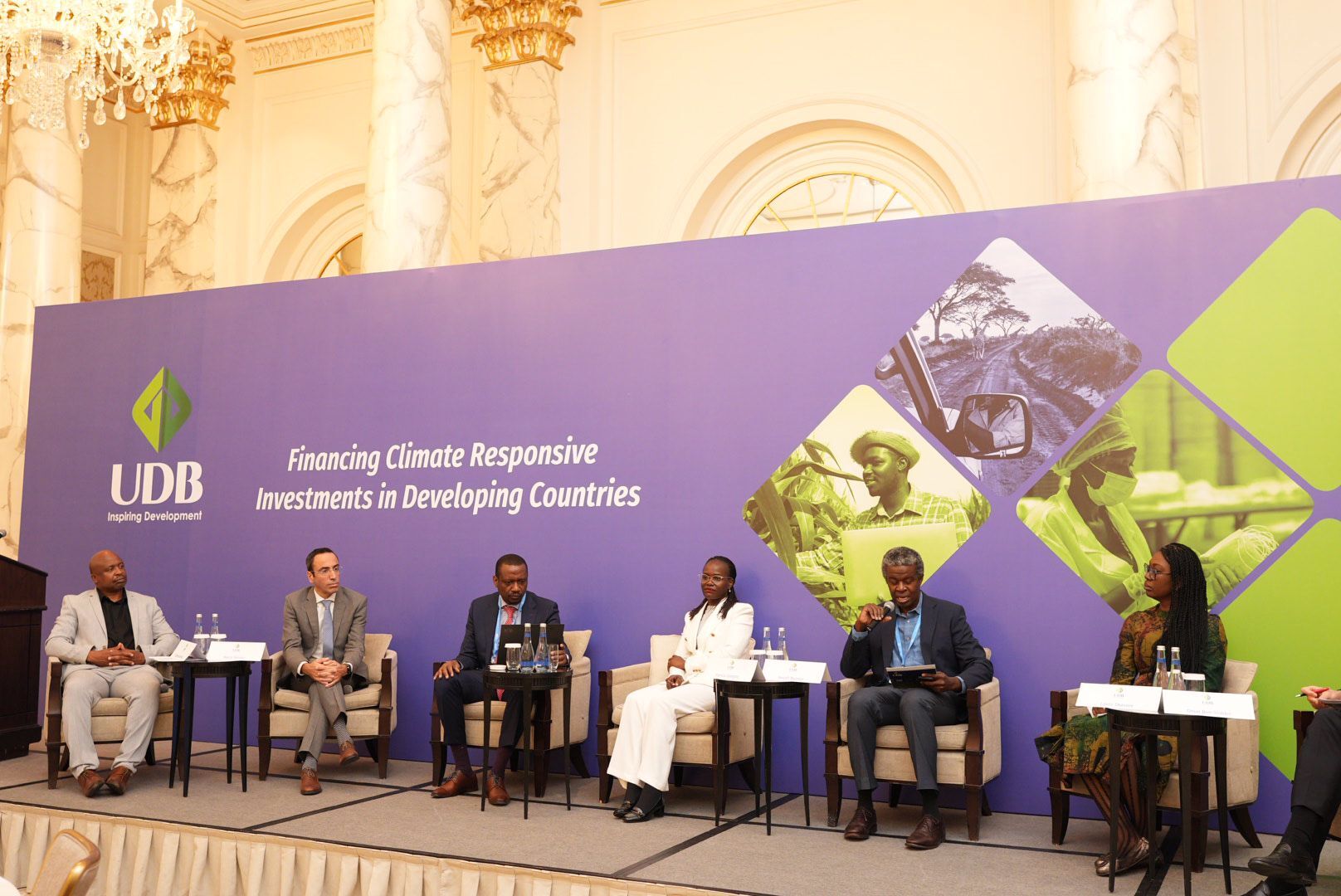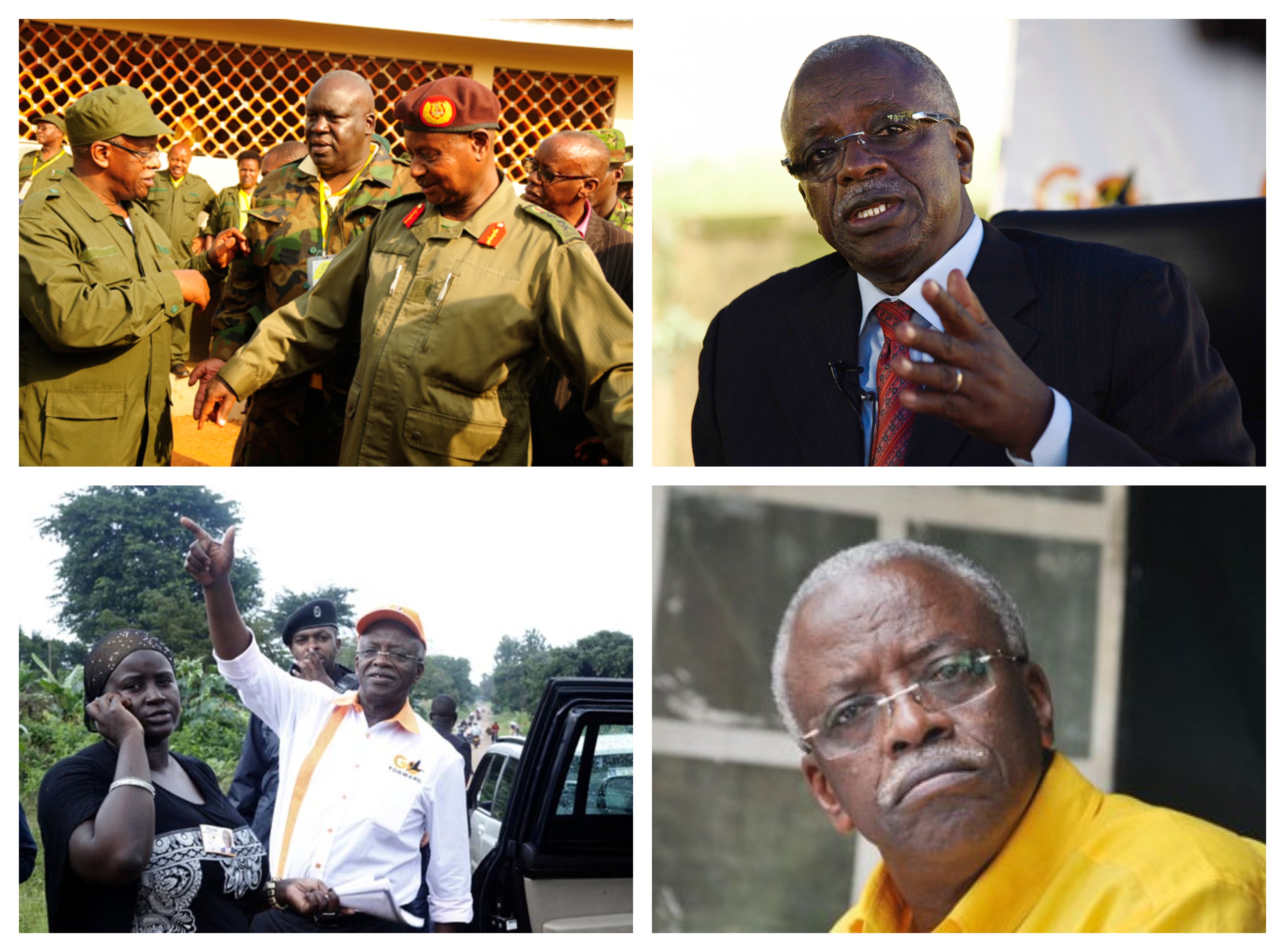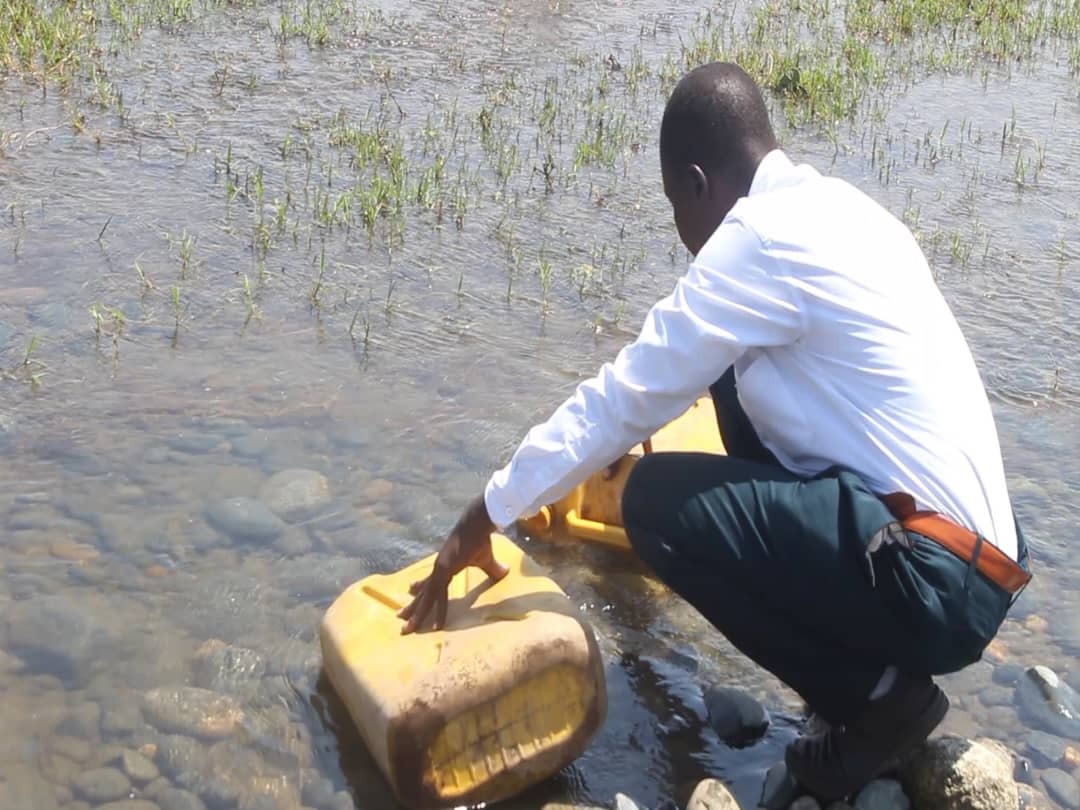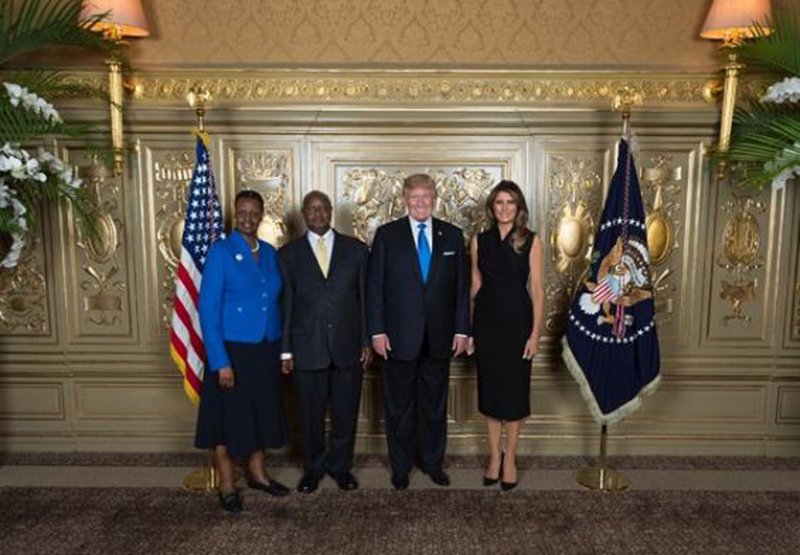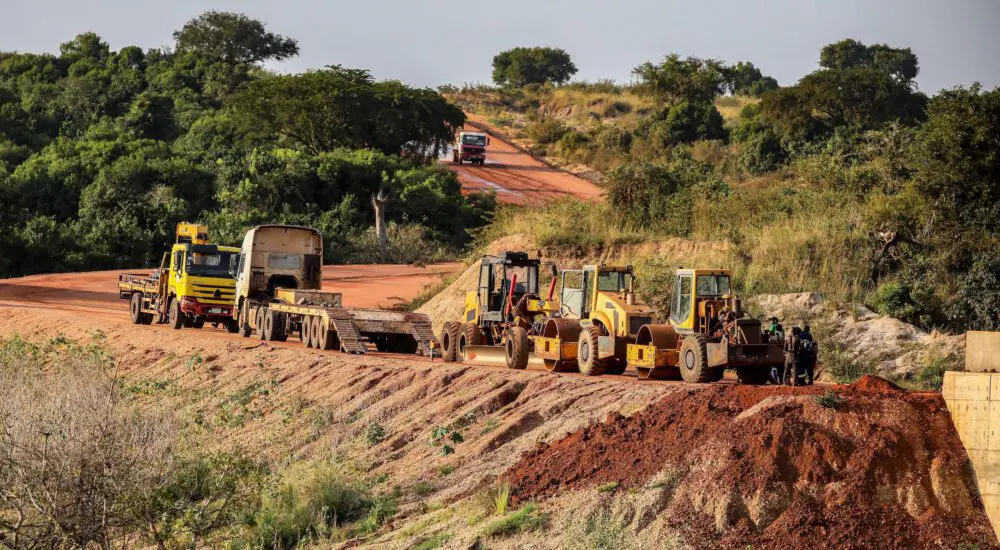The re-election of Donald J. Trump to a second non-consecutive term as US president on November 5 has forced many countries to think afresh their relationship with the world’s most powerful country.
Kampala has had a frosty relationship with the United States since Joe Biden came into office in 2021. Under Biden’s presidency, who is a Democrat, Uganda was expelled from the lucrative African Growth and Opportunity Act (Agoa) deal in 2023.
Uganda’s relationship with the US hit another low after the passage of the Anti-homosexuality law in May 2023. Washington robustly condemned the passage of the law it argues is an infringement of human rights.
But the true nadir of relations between the two countries was reached in October 2024 when the country’s chief of defence forces and first son, General Muhoozi Kainerugaba threatened to expel the US ambassador to Uganda William Popp. Muhoozi accused the ambassador and the US of disrespecting Uganda’s president Yoweri Kaguta Museveni. Museveni has been Uganda’s leader since 1986.
Biden’s chosen successor, vice president Kamala Harris looked set to continue the hardline Washington stance against Kampala and other “errant” African countries that did not share the Democrats values. All this seems to have been upended by Donald Trump’s decisive victory. Or has it?
Wilson Akiiki Kaija, a Makerere university mass communication lecturer and trainer, is one of those who is unsure Trump’s return to the White House will change Washington policy towards Kampala and Africa.
Kaija says, “I want to keep my expectations low on this. But on Uganda being branded the homophobic capital of the world, a Trump presidency might change this narrative, a bit. He won his election in 2016 without being held hostage by the pro-gay groups. He spent his first term starving them of federal funds. He spent four years out of government standing his ground on the issue of homosexuality. He is returning to government without them in his side. He owes them nothing. They fell head over heels supporting Obama, Hillary, Biden and Kamala.”
However, businessman Belguin Prosper Lumu is firmly convinced that the Trump presidency will not change much for Uganda or Africa. He argues, “As Ugandans eagerly discuss the implications of a Trump presidency on their country, a harsh reality needs to be acknowledged. The truth is, Trump’s win has nothing intended for Uganda. His decisions will be guided by American interests, not Ugandan expectations or entitlements. It’s time for Ugandans to shift their focus from the US presidency and instead, engage with their own leaders to drive meaningful change.”
He goes on, “For decades, Uganda has been plagued by a culture of expectant beggary, waiting with bated breath to see how global events will impact their nation. This mentality has hindered progress and stifled self-sufficiency. It’s essential to recognize that foreign leaders, including Trump, prioritize their own citizens’ needs above all else.”
However, Tabitha Agaba, a researcher and writer, believes that the Trump presidency is bad news for Kampala and Africa.
“The impact of Trump’s presidency is likely to be bad because he is likely to cut funding to the continent yet most countries depend on this funding for crucial sectors like education and health. The previous Trump administration made various proposals to cut aid to the continent though they were rejected due to bipartisan support in Congress,” she says.
She sees more problems on the horizon, “Then there’s the issue of climate change, Trump has not been keen in advocating against climate change and his presidency means that funding towards the issue is likely to reduce yet the impact of climate change is devastating. In his previous term, Trump promised to withdraw the US’ from the Paris climate change agreement which was an important UN campaign against climate change whereas this wasn’t successful at the time, the article further notes that if the US decides to withdraw this time, it is likely to be successful this time because unlike in his previous term where he was out of office before the country could officially withdraw, this time there’s adequate time to effect that decision.”
Dr. Franklin Wasswa couldn’t agree more, “For Africa bad. While he was there, he cut a lot of our funding we have depended on (because we are weak and can never stand on our own), but I am more concerned about funding by the USA in research and academia. It went down when Trump came into power and I believe it will be the same.”
But Dr. Wasswa is not all doom and gloom, “But if we follow the law of unintended consequences. It will turn out to be good for us in many ways.”
Angelo Izama concurs with that line of thinking. He believes because of the nature of Trump’s style of politics, USA-Africa relations will see a more, “Transactional relationship.” Izama believes that Trump, like many African leaders, including the ones in Kampala, are not driven by ideology. This lack of firmly held convictions may serve to make a partnership between Kampala and Washington easier.
Izama says, “Individual countries may fare better than others with the Trump presidency depending on their shared interests.”
Izama believes that what may tip the scales is if US’s security considerations are threatened. He says, “Nothing will change unless something dramatic happens in the South China sea where they will have to recalibrate. If something happens and US to militarily confront China then Africa will be crucial because of its geography. USA will need access to the Indian ocean.”
He postulates, “We are in the era of an undeclared cold war. Chinese have massively invested in Africa in the last ten to fifteen years and if they sense that US does not want to engage with Africa, China will continue its march and push for closer ties with African countries which could be beneficial for different African countries.”
IT expert and consultant Sam Agona goes further, “If Trump could close embassies in some African countries, he would. Most African countries contribute nothing to the US, the ones that do, if US chooses, it can create a quick replacement for whatever it gets from those countries, other than minerals though.”
He believes that, “The best Trump’s foreign policy will do is to manage global warring parties, and Uganda may then benefit by proxy.”
Kampala, like many African capitals, will be waiting for Trump’s January 20th, 2025 swearing-in, to begin to realise what Washington has in store for the continent. Whether good or bad.
Medium: @davidjacktumusiime
X/Twitter: @davidtumusiime
Email: [email protected]
